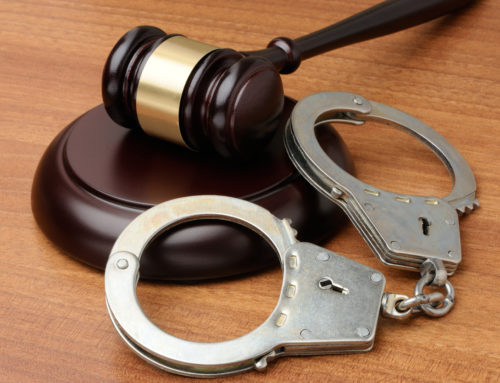TULSA, Oklahoma. Sexual assault is a serious charge. A sexual assault charge can impact a person’s ability to continue going to school, to get work, and impact a person’s ability to participate in the community. While false accusations of sexual assault are rare, there have been increased concerns about how campus sexual assault charges are being handled. In some cases, these charges are levied after a night of drinking.

According to CNN, education Secretary Betsy DeVos plans to review Obama-era guidelines on how colleges handle campus sexual assault charges. Critics of the Obama-era guidelines express concern about how charges of sexual assault could impact a student’s future. However, the guidelines were issued with the goal to protect women and to encourage universities to take a tougher stance on protecting women on campus.
The issue is complex. Survivor advocates claim that changes to the Obama-era guidelines will lead to women receiving fewer protections on campus. However, some claim that the guidelines deny the accused their right to due process. According to one report by the Atlantic, even a complaint that doesn’t explicitly describe a sexual assault can result in serious penalties being levied against a student. A student can lose the right to live on campus, attend student groups, and in some extreme cases, may not even be permitted to attend class.
Sexual assault should always be investigated properly and no one should suffer in silence. However, some critics of Obama-era guidelines claim that they resulted in unintended consequences. While criminal charges require proof beyond a reasonable doubt, Obama-era guidelines stated that on campus action should be taken if there was a “preponderance of evidence” that a sexual assault occurred. What happens then, is that sexual assault charges are investigated on campus and also by police. However, when these charges are investigated in colleges, they are reviewed by a single staff member. The student doesn’t get to be tried by a jury of his or her peers.
What are some other consequence of these guidelines? In some cases, a student can face sexual harassment charges for flirting. In other cases, an off-color joke could result in disciplinary action.
Schools are required to take action if they believe there is a 50.01% chance that a violation took place. The American College of Trial Lawyers has called for the guidelines to use “clear and convincing evidence” as the standard, which would be higher than the current standard. This means that schools won’t be able to restrict the movement of an alleged person unless the case is sufficiently strong.
Campus investigations can also have an impact on criminal investigations. Individuals who are accused on campus cannot refuse to answer questions without facing expulsion from school. However, any questions a person answers can later be used against him in a criminal trial. The school can turn over their evidence to police.
Schools are also required to investigate and sanction students when third party witnesses see alleged sexual misconduct. When this occurs, both parties may be required to share intimate details with school administrators. Even when women deny any misconduct occurred, some schools have dismissed their statements and prosecuted their partners.
More students have been fighting back, suing schools who don’t offer them proper due process. If you or a loved one is facing criminal charges or charges on campus, the investigation can have legal, criminal, educational, and career impacts long into the future. Contact the criminal defense lawyers at the Henson Law Firm, P.L.L.C. in Tulsa, Oklahoma today to learn more about your rights and options. Schools have to protect victims, but they also should consider the rights of all parties involved when criminal accusations are made. Visit https://myoklahomadefenselawyer.com/ for help. You are not alone.






